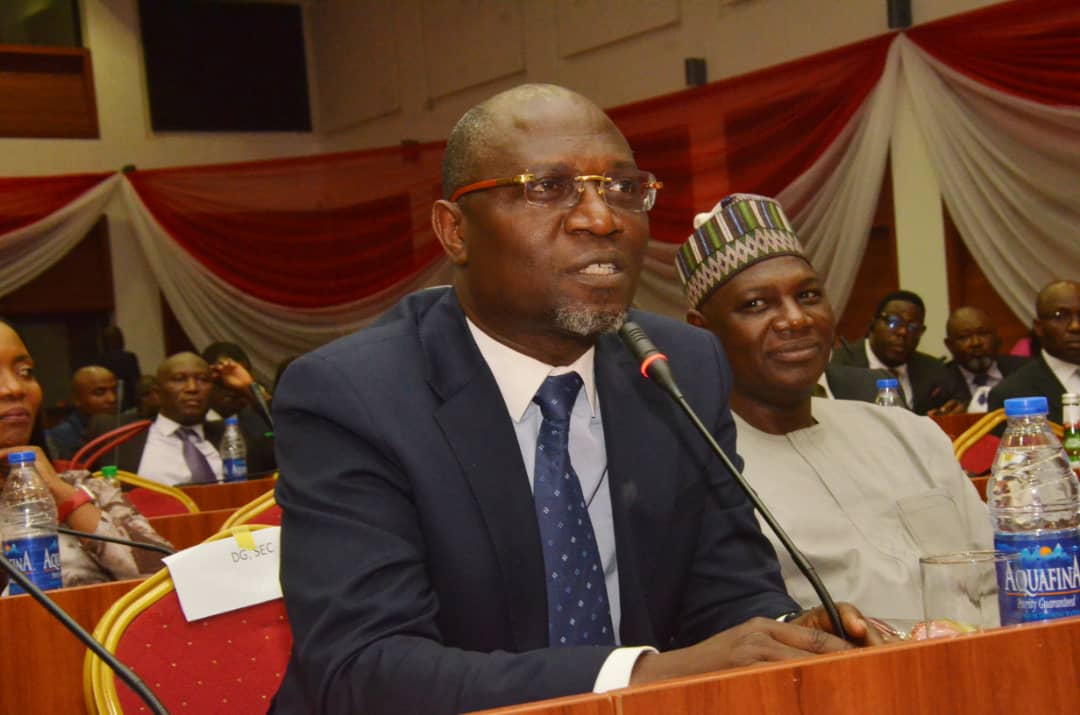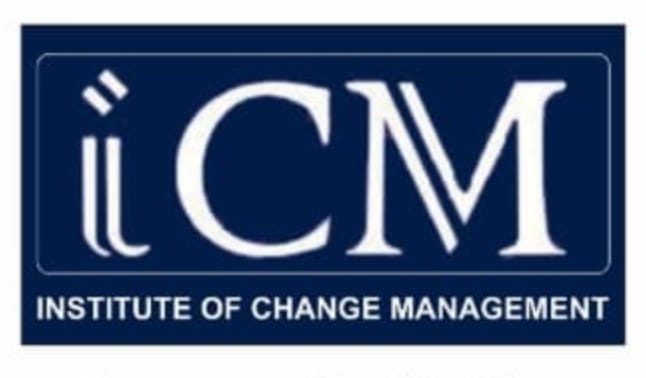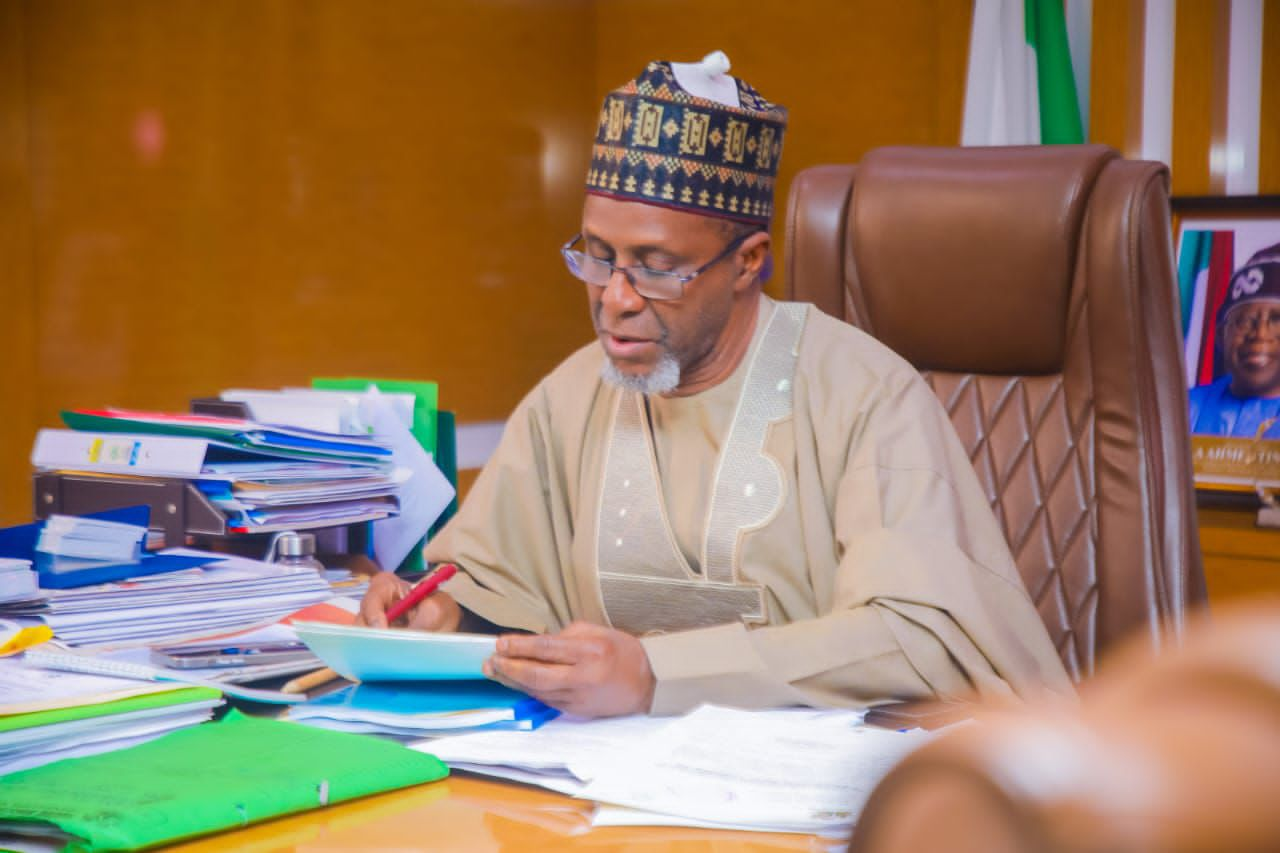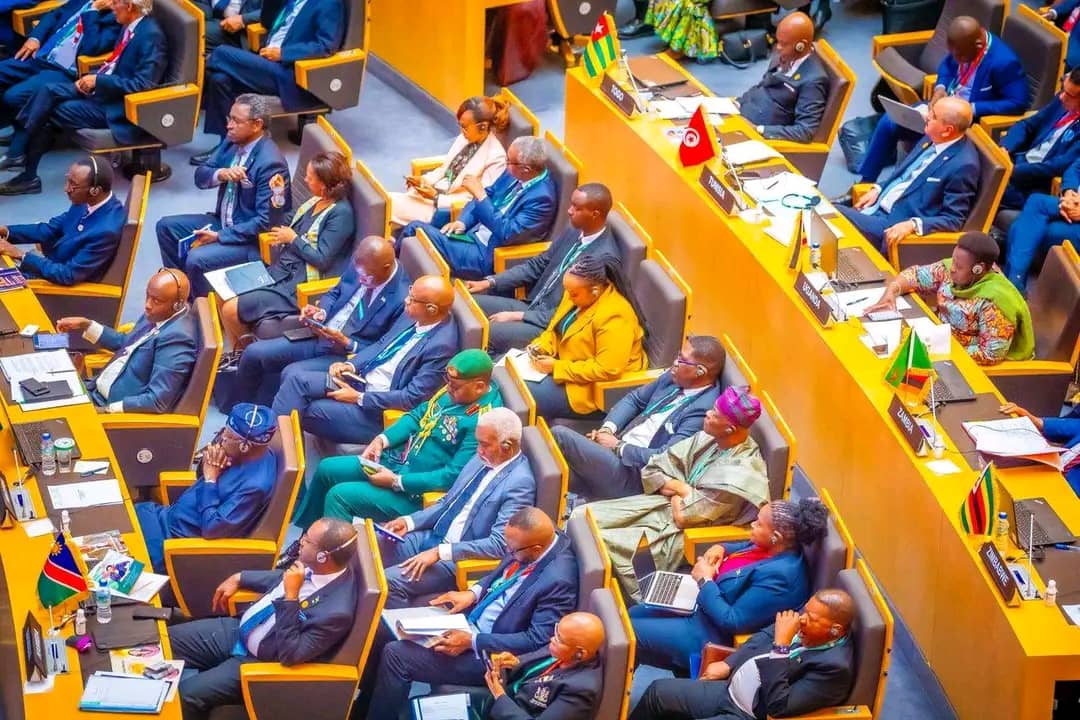
By Fatima Saka
The Director-General of the Securities and Exchange Commission (SEC), Dr. Emomotimi Agama, has stated that the Investments and Securities Bill 2023 has received strong support from stakeholders within Nigeria’s capital market.
He emphasized that no economy can achieve substantial progress without the vital role that capital markets play in providing medium- to long-term financing.
Dr. Agama expressed his gratitude while commending the Senate Committee on Capital Market for its deliberation on the Investments and Securities Bill (ISB) 2023 during public hearing session held on Thursday in Abuja.

According to Dr. Agama, the Commission is deeply appreciative of the opportunity to work closely with the National Assembly on this significant legislative initiative.
He underlined the importance of the bill, stressing that Nigeria requires a world-class capital market to sustain and accelerate its economic diversification efforts.
The passage and enactment of the ISB 2023, he noted, would be a decisive step toward achieving this goal.
In presenting the bill, Dr. Agama highlighted the evolution of legislation governing the Nigerian capital market, explaining the need for an updated statute:
“Since its inception, the Nigerian capital market has undergone various legislative changes—from the Capital Issues Commission Act of 1973 to the Securities and Exchange Commission Act of 1988, followed by the Investments and Securities Act of 1989.
“The commission governing statute, the Investments and Securities Act No. 29 of 2007, has served its purpose but requires significant updates to strengthen existing provisions, eliminate ambiguities, and introduce new regulations that align with international standards. This update will position the Nigerian capital market for enhanced national economic transformation.”
Dr. Agama emphasized that due to the fast-paced and dynamic nature of capital markets, and the significant developments since the enactment of the 2007 Act, stakeholders in the sector agreed that a complete overhaul was necessary instead of piecemeal amendments. “The goal is to bolster the market’s efficiency, transparency, and viability.”
He also noted that the Nigerian Capital Market Masterplan (2015–2025), launched in 2014 and updated in 2021, strongly advocates for comprehensive strengthening of the legal and regulatory framework.
“In 2016, a market-wide Technical Committee, chaired by Chief Anthony Idigbe, SAN, was tasked with reviewing the ISA 2007 and formulating a legislative agenda.
The Committee took into account significant domestic and global events that had impacted capital market regulation since the passage of the 2007 Act. It also considered the International Organization of Securities Commissions’ principles, which stress the importance of regulatory independence, accountability, and sufficient authority.
The bill produced by the Technical Committee was refined after further consultations with key stakeholders and was eventually passed by the House of Representatives before being submitted to the Senate for concurrence. Although the Senate granted its concurrence, the bill was initially withheld from presidential assent due to certain concerns.
However, these issues were addressed through collaboration with the capital market community, resulting in the amendment and re-presentation of the bill.
Key Highlights of the Investments and Securities Bill 2023:
1. Clear Separation of Objectives, Functions, and Powers of the SEC:
The bill separates and clearly outlines the objectives, functions, and powers of the SEC, moving them from a combined section in the current Act (Section 13) and introducing new provisions to enhance the SEC’s regulatory capabilities in line with international requirements.
2. Flexibility for Fundraising by Sub-Nationals: The bill includes provisions that lift certain restrictions on raising funds from the capital market by sub-national entities, offering greater flexibility.
3. Investments and Securities Tribunal Enhancements: Amendments have been made to the composition, functions of the minister, qualifications, and appointment of the Chief Registrar, as well as the jurisdiction and procedures of the Investments and Securities Tribunal. These changes are designed to improve the Tribunal’s ability to discharge its duties effectively.





